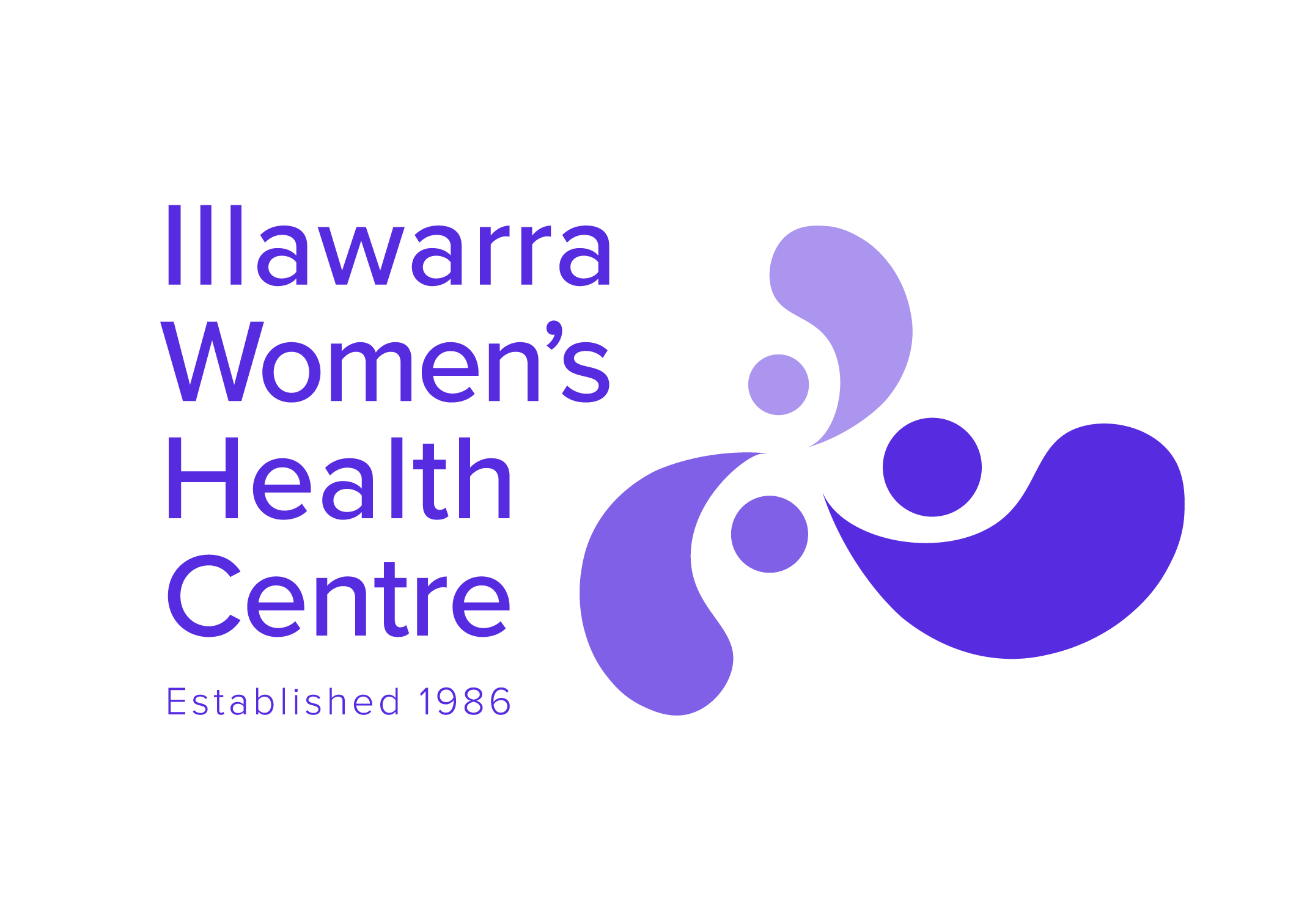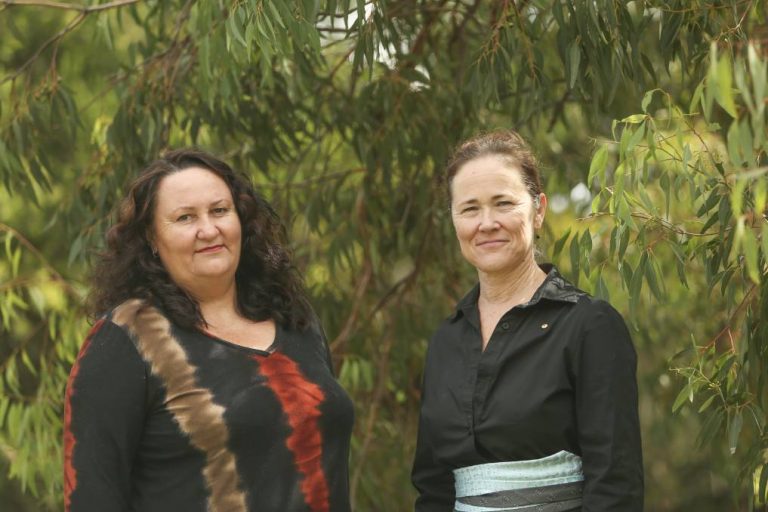Illawarra Mercury – Natalie Croxon
Illawarra advocates on plan to end violence against women, children
Advocates have hailed a new plan to end violence against women for its focus on recovery and healing for victim-survivors, but there are concerns its goal is unrealistic and it lacks concrete detail.
The 10-year National Plan to End Violence against Women and Children is an initiative of state, territory and federal governments that aims to put a stop to such violence “within a generation”.
It builds upon the 2010-2022 plan, which it says made some progress in attitudes and establishing certain organisations, but failed to reduce violence against women and children.
Sally Stevenson, the general manager of the Illawarra Women’s Health Centre – a founding member of the Australian Domestic, Family and Sexual Violence Recovery Alliance – said she was especially pleased to see the inclusion of recovery and healing as a pillar of the new plan.
“We have been campaigning… and awareness-raising around the need for investment in recovery and healing services, the impact that violence has, and the importance to recognise that impact beyond the crisis point,” Ms Stevenson said.
Historically, she said, the level of services available to help women and children recover from violence was low and contained “huge gaps”.
Ms Stevenson said this also meant the link between recovery and prevention was acknowledged.
The Illawarra Women’s Health Centre is the lead organisation in the development of the Women’s Trauma Recovery Centre, a groundbreaking service that will provide specialised, multidisciplinary care for women who have experienced violence.
It received $25 million in funding from the federal government earlier this year, and Ms Stevenson hoped the new plan would encourage the state government to make a commitment to the centre.
Lula Dembele, a victim-survivor who was on the national plan’s advisory group and acted as an advisor for the Women’s Trauma Recovery Centre, said the centre and the lobbying of Ms Stevenson, Dr Karen Williams and Dr Patricia Cullen was a major reason recovery was included in the plan.
“Community-based advocacy led the path on recovery,” Ms Dembele said.
Another highlight of the plan, Ms Stevenson said, was its recognition of children as victims in their own right and the need for specialised services for them, and the acknowledgement that violence happened across different life stages of women and children.
She said the plan also brought more focus on perpetrators, and the community needed to hold them accountable.
Ms Dembele said the plan outlined a more holistic approach from the pillars of prevention, early intervention, response, and healing and recovery.
But she said what was most important for tackling this violence was the attention on perpetration and reducing perpetrators’ behaviours, and long-term support for victim-survivor recovery.
“Perpetration is the problem, it is what we need to address… and secondly recovery, long-term recovery is so pivotal to breaking cycles of abuse and violence,” Ms Dembele said.
However, there are some concerns.
Jane Matts, a founder of the Sisters in Law Project which supports women navigating legal systems, said the plan lacked tangible, measurable targets, which was something advocates at last year’s summit on women’s safety had called for.
“The aspiration is honourable, but the measures aren’t in there,” Ms Matts said.
Ms Stevenson said she looked forward to seeing such detail in the first of two five-year action plans (which the plan said would outline specific actions), and an appropriate budget to fund these.
Ms Stevenson also said the idea of ending violence against women and children within a generation was “naive”.
She said reforming the structures, systems and organisations that held deep issues around violence against women and children was going to take time – as well as “courageous political commitment” and resources.
“We know it’s going to take more than one generation, so we need to be realistic about what that goal is and not set the plan up to fail,” she said.
Support is available for those who have experienced domestic, family or sexual violence. Phone 1800RESPECT on 1800 737 732; if you or someone else is in immediate danger, call 000.


